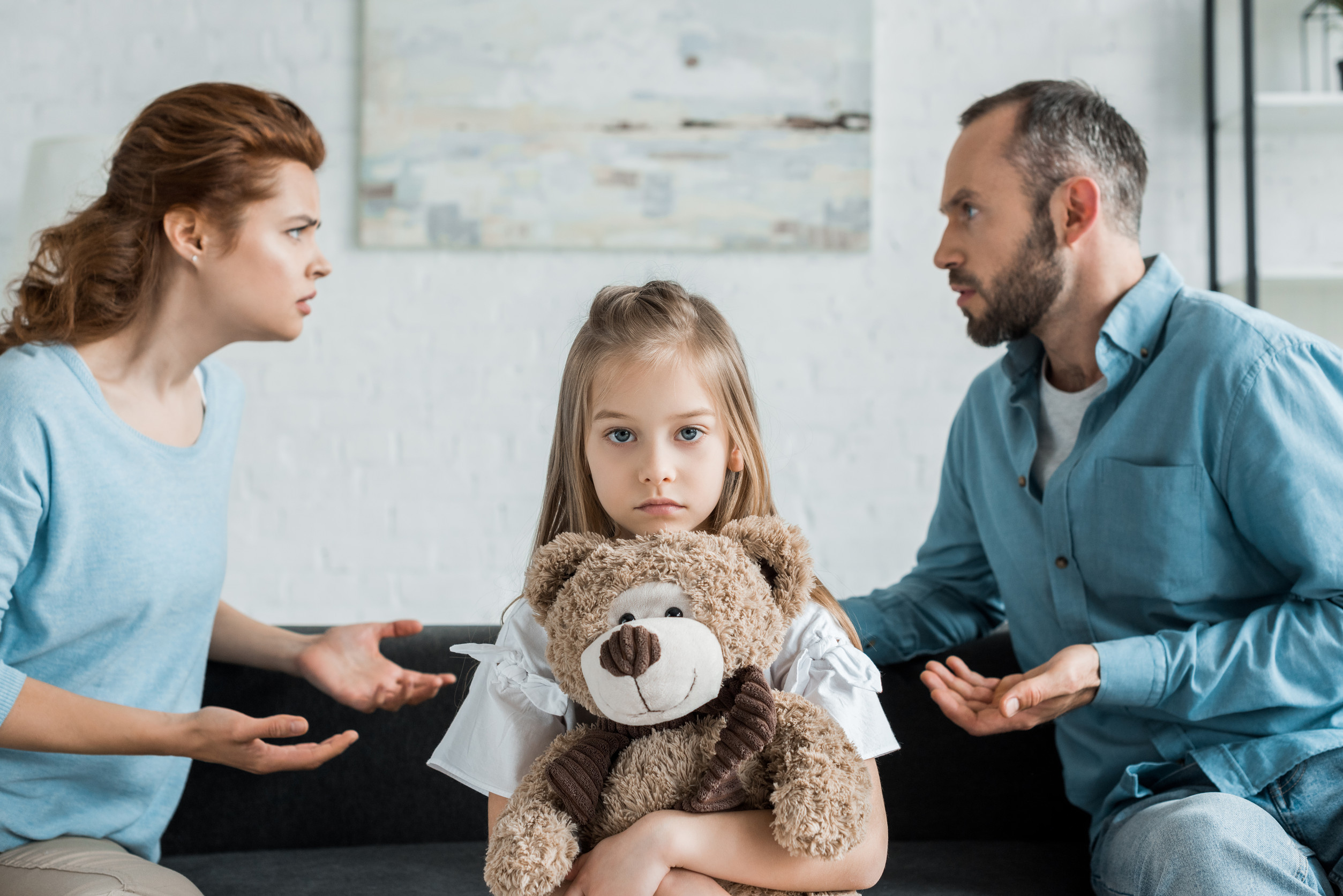Parents face difficult decisions when it comes to leaving their children in someone else’s care. One of the most pressing dilemmas is whether they should reveal their kids’ diagnoses to babysitters. On one hand, parents want to protect their child’s privacy, while on the other, a babysitter needs to be prepared for challenges that could arise. The balance between safety, trust, and discretion often feels blurry, leaving families to wonder what’s fair, what’s necessary, and what’s ethical.
The Case for Sharing Kids’ Diagnoses
Parents who choose to disclose their kids’ diagnoses to babysitters often do so because safety comes first. A babysitter who knows about a child’s medical, developmental, or behavioral needs can be proactive rather than reactive. For example, a sitter who knows a child has epilepsy will be better equipped to respond if a seizure occurs. Without this information, babysitters could panic or make mistakes in an emergency. Sharing kids’ diagnoses ensures the caregiver has the right context to handle difficult situations calmly and correctly.
Privacy Concerns for Families
Even though transparency sounds logical, parents may feel uneasy about sharing sensitive details. Some diagnoses carry a social stigma that families worry could lead to judgment. Parents might also worry that a babysitter will discuss private information with others, unintentionally spreading something that should remain confidential. The hesitation isn’t about mistrusting the sitter completely but about protecting their child’s dignity. Privacy is a major factor when parents decide how much information to share about kids’ diagnoses.
1. When Safety Outweighs Privacy
Certain situations make disclosure non-negotiable. If a child’s diagnosis includes life-threatening allergies, a babysitter needs to know exactly what to avoid and how to respond in an emergency. Similarly, conditions like asthma, diabetes, or seizure disorders can’t be left in the dark. A parent’s first duty is to ensure that their child is safe, even if that means setting aside some concerns about privacy. In these cases, keeping kids’ diagnoses private could actually put them at greater risk.
2. The Importance of Trust Between Parents and Babysitters
Trust is the cornerstone of any babysitting arrangement. A parent who withholds important information risks breaking that trust if an unexpected situation arises. Babysitters want to feel equipped to do their job well, and knowing about kids’ diagnoses is part of that preparation. When parents are upfront, babysitters usually feel more respected and confident. Open communication fosters mutual trust, which benefits both the sitter and the child.
3. Striking a Balance with Selective Disclosure
Sometimes, the right choice is a middle ground. Parents don’t necessarily need to share every detail of a diagnosis but can disclose what is most relevant for the babysitter’s role. For instance, explaining that a child may have meltdowns due to sensory sensitivities helps the sitter prepare without revealing the entire medical history. Selective disclosure allows parents to protect privacy while still giving babysitters useful information. This approach ensures that kids’ diagnoses are acknowledged without being unnecessarily overexposed.
4. Legal and Ethical Considerations
From a legal standpoint, parents aren’t required to disclose their kids’ diagnoses to babysitters. However, ethically, most parents recognize that caregivers should have enough information to keep children safe. In rare cases, failing to disclose crucial information could create liability if harm results. Parents must weigh their legal rights against their moral responsibility. Often, families find that honesty helps avoid potential complications down the road.
5. Preparing Babysitters for Success
The ultimate goal is to set babysitters up for success so they can provide the best care possible. This means giving them instructions tailored to the child’s needs, whether that includes administering medication, recognizing behavioral triggers, or knowing how to de-escalate a tense situation. Babysitters who feel prepared are less likely to panic and more likely to build a positive relationship with the child. When parents take the time to explain relevant aspects of their kids’ diagnoses, everyone benefits from smoother, safer babysitting experiences.
Final Takeaway: Balancing Honesty with Protection
Parents walk a fine line between safeguarding their children’s privacy and equipping babysitters with the right knowledge. While not every detail of a diagnosis must be shared, honesty about the essentials can prevent emergencies and improve care. Trusting a babysitter enough to disclose what matters shows respect for their role and strengthens the relationship. At the same time, parents have every right to protect their child’s personal information by choosing what is most relevant. Striking the right balance is what ensures children are both safe and respected.
Do you think parents should be required to share their kids’ diagnoses with babysitters, or should it remain a personal choice? Share your thoughts in the comments.
What to Read Next…
8 Common Babysitting Practices That Can Lead to Legal Trouble
Why Grandparents Shouldn’t Babysit Their Grandkids Every Week – The Unspoken Issue
When a Child’s Lie Leads to a CPS Investigation
6 Things Kids Say That Could Be Used Against You in Court
How Your Kid’s Toy Collection Could Trigger a Surprise Home Inspection
The post Should Parents Be Required to Disclose Their Kids’ Diagnoses to Babysitters? appeared first on Kids Ain't Cheap.








